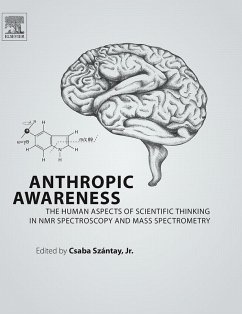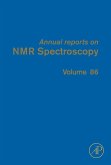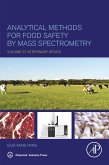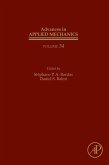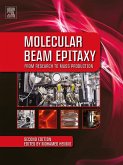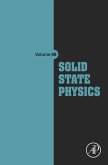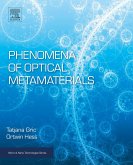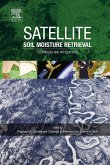Anthropic Awareness: The Human Aspects of Scientific Thinking in NMR Spectroscopy and Mass Spectrometry blends psychology, philosophy, physics, mathematics, and chemistry, describing a human-centered philosophy of the essence of scientific thinking in the natural sciences and in everyday life.
It addresses the reasons why we are prone to make errors in our conclusions and how to avoid such mistakes, also exploring a number of the "mental traps" that can lead to both individual mistakes and mass misconceptions.
The book advocates that by understanding the nature of these mental traps we can adopt tactics to safely evade them. It includes Illustrative examples of common scientific misunderstandings and mental traps in both the theory and real-life application of NMR spectroscopy and mass spectrometry.
- Provides strategies on how to deal with molecular challenges and instrument limitations
- Presents multiple applications of small molecule structure elucidation using NMR, MS, IR, and UV
- Explores critical topics, including anthropic awareness (AA), NMR Spectroscopy, mass spectrometry, scientific thinking, and more
- Includes tactics on how to Improve quality control and data interpretation skills while minimizing data analysis time and increasing confidence in results
- Presents coverage on tactics to optimize experimental NMR parameters and enhance NMR vocabulary
Dieser Download kann aus rechtlichen Gründen nur mit Rechnungsadresse in A, B, BG, CY, CZ, D, DK, EW, E, FIN, F, GR, HR, H, IRL, I, LT, L, LR, M, NL, PL, P, R, S, SLO, SK ausgeliefert werden.

